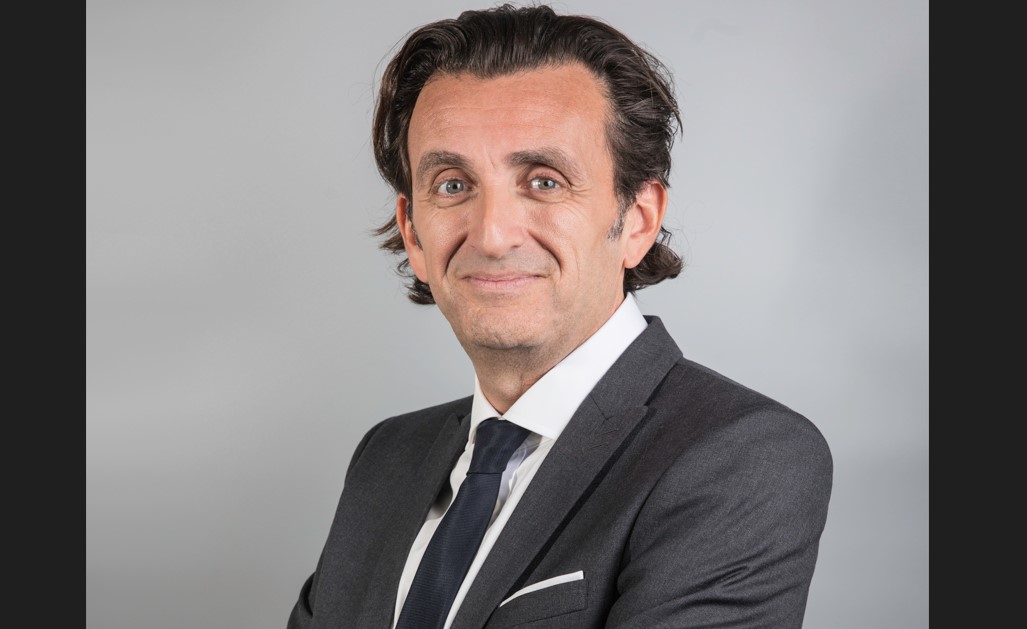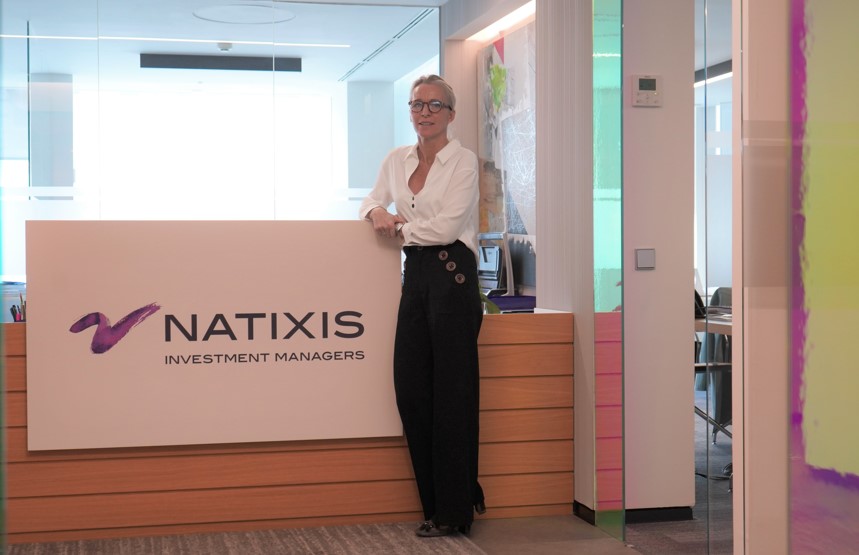According to a new survey by Natixis Investment Managers (Natixis IM), 72% of professional fund selectors from some of the largest wealth management firms in North America agree that active management will be crucial for achieving superior investment returns in 2024.
This comes after 61% reported that actively managed funds on their platforms outperformed their benchmark indices last year, and 67% expect markets to continue favoring active management.
The balance between active and passive investments has been a topic of debate for the past decade, with significant inflows into passively managed index funds across the industry. However, 46% of fund selectors surveyed by Natixis IM attribute the outperformance of passive investments to monetary policy, or a decade of artificially low interest rates and relatively little inflation. The factors that boosted passive investment may no longer hold up. Half (50%) of the selectors believe that investors overly reliant on passive investments like index funds will face some hard lessons in 2024.
Selectors Seeking More Active Funds and ETFs
Natixis IM surveyed 223 North American fund selectors, professionals responsible for evaluating and selecting funds and investment products for their company’s investment platform. These respondents represent private banks, wirehouses, registered investment advisors (RIAs) and RIA aggregators, independent or individual wealth managers, and other investment advisory firms that collectively manage $20.7 trillion in client assets in Canada and the United States.
“Fund selectors expect the investment landscape of 2024 to be anything but normal, not by historical, new, or soon-to-be-normal standards,” said Dave Goodsell, executive director of the Natixis Center for Investor Insights. “They’re looking to manage client investments, experiences, and relationships by adjusting the product and portfolio offerings of their firms to help clients stay invested and armed with protection in uncharted investment territory.”
45% of fund selectors aim to add more actively managed funds to their platforms. 67% say their firms now offer semi-transparent ETFs, and 89% of them plan to maintain or add more of these actively managed ETFs. 69% offer direct indexing options, with 84% planning to maintain or increase access to these direct indexing strategies, which allow investment managers to establish direct ownership of individual securities that make up an index through a separate account.
Active ETFs Gaining Popularity
Active ETF assets have surged in recent years. Active ETFs differ from traditional, passively managed ETFs in that they have a management team behind the portfolio, selecting securities based on a specific underlying investment strategy, rather than simply replicating an index.
The use of active ETFs helps address concerns about price pressures, which have been a promise of passive investing, and the need to generate risk-adjusted returns, which passive funds do not inherently provide. The majority of fund selectors (53%) cite return potential as the primary benefit of active ETFs, while also recognizing other advantages such as tax efficiency (46%), access to innovative strategies (44%), intraday trading (41%), and greater potential alpha (23%).
Model Portfolios and Separately Managed Accounts
Model portfolios and separately managed accounts (SMAs) are also critical components of fund selectors’ product plans for 2024. Three-quarters (75%) say that models provide greater investor confidence in uncertain markets and help keep clients invested during periods of volatility (70%) and offer a more consistent investment experience across the firm (80%). Not surprisingly, 63% say that using models also helps advisors build solid relationships with their clients.
In adittion, 82% of fund selectors say their firms offer some type of model portfolio.
Economic and Market Uncertainty
While most (57%) are optimistic about the market’s performance this year, their outlook is clouded by a high degree of uncertainty and unpredictable risk. The specter of slower growth in the future places a recession atop economic threats (53%), followed by the threat of war and terrorism (51%) and a feared drop in consumer spending (41%). Most fund selectors (68%) believe that valuations still do not reflect company fundamentals, and 60% expect stock market volatility to be even higher this year than last.
If recession fears were to materialize, 61% believe it would further expose the shortcomings of passive investments.
The Natixis Investment Managers Fund Selector Survey is part of a larger survey of 500 professional fund selectors in Asia, Europe/EMEA, North America, and the United Kingdom. The full report on the global survey findings can be found at the following link.


